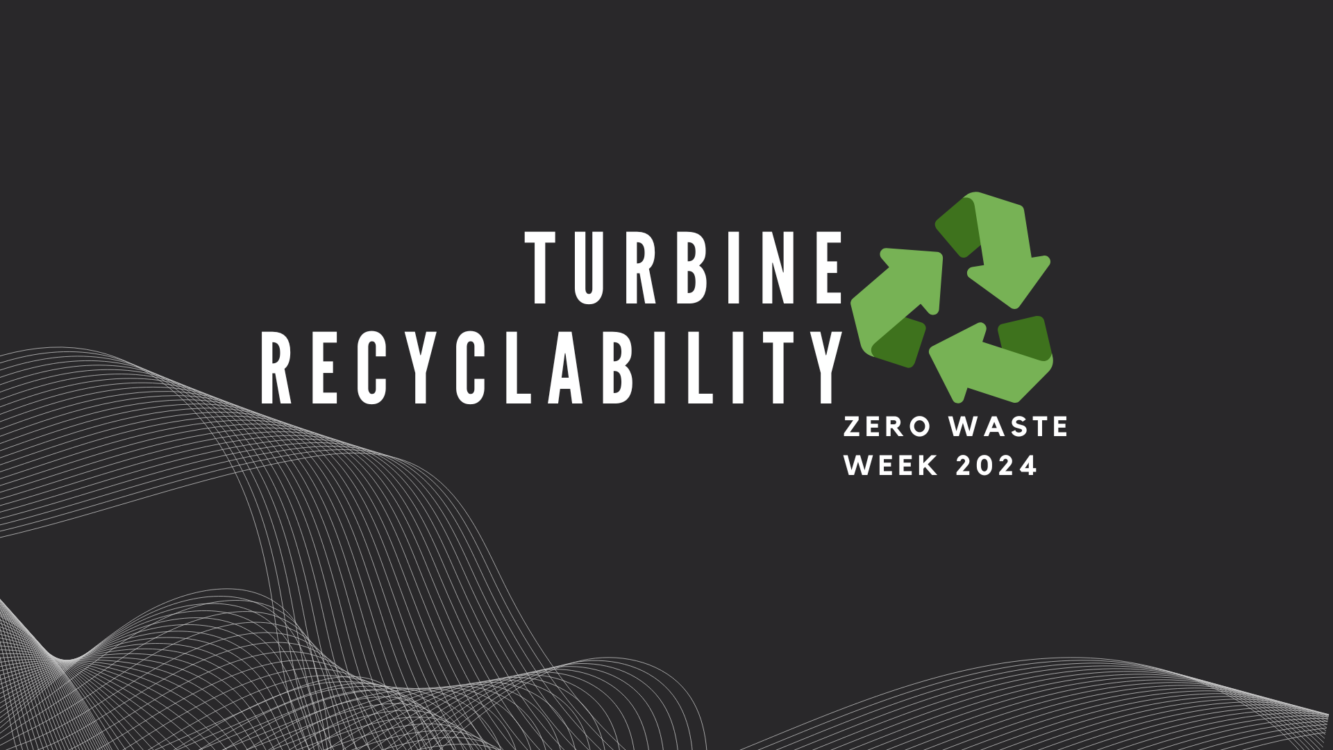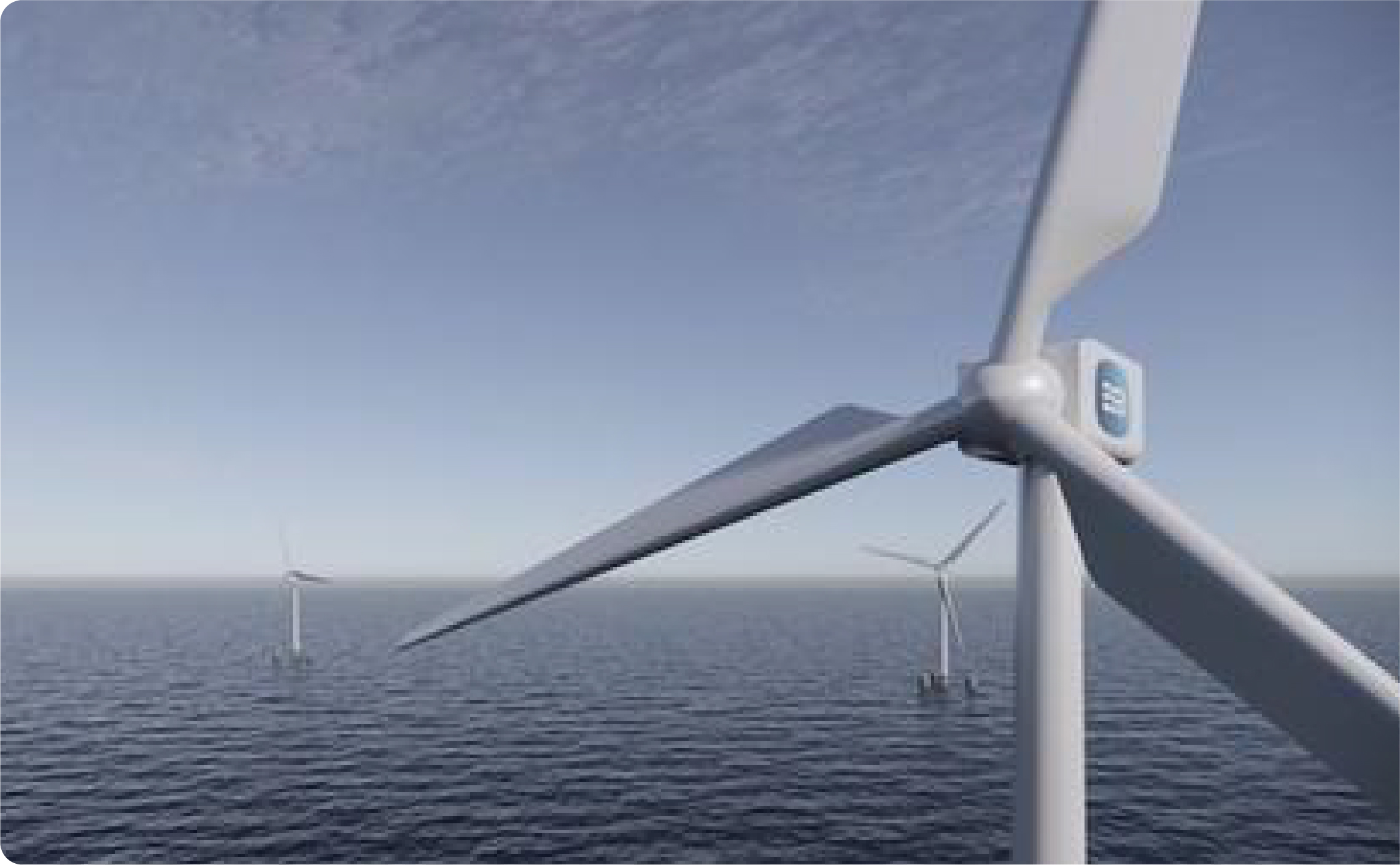Ahead of zero waste week (2nd September), let’s talk wind turbine recyclability…
In a bid to support a circular economy, researchers have been trialling and now successfully tested, a new bio-derivable resin (nicknamed PECAN) to use in turbines.
Researchers at the US Department of Energy’s, National Renewable Energy Laboratory (NREL) began experimenting with various feedstocks before settling on PECAN. This new resin has demonstrated usability of the product in turbine blades of 9-metres. At this level it is deemed scalable to the 60/80/100m blades required for offshore energy production.
This resin shows no signs of compromise over time or in the face of adverse weather conditions either. This, until now, has been one of the most limiting factors as a blade that changes shape or shows signs of ‘creep’ isn’t useable. PECAN provides a huge breakthrough here for polymer science!
A strong and circular product… The chemical process required to break down this prototype blade takes just 6 hours to complete. A transformative process when comparing it to current stripping methods or landfill. The practicalities and costs of recycling current turbines is limiting and in reality, rarely happens.
This could transform the market and save tonnes of turbines fated for landfill.
As it stands, it is predicted that 40 tonnes of blades could end up in landfill by 2050. Arguably making offshore wind (and onshore wind) energy no more sustainable than older methods (according to Professor Majewski, University of Australia).
Next step is to get buy in from the investors and developers…



